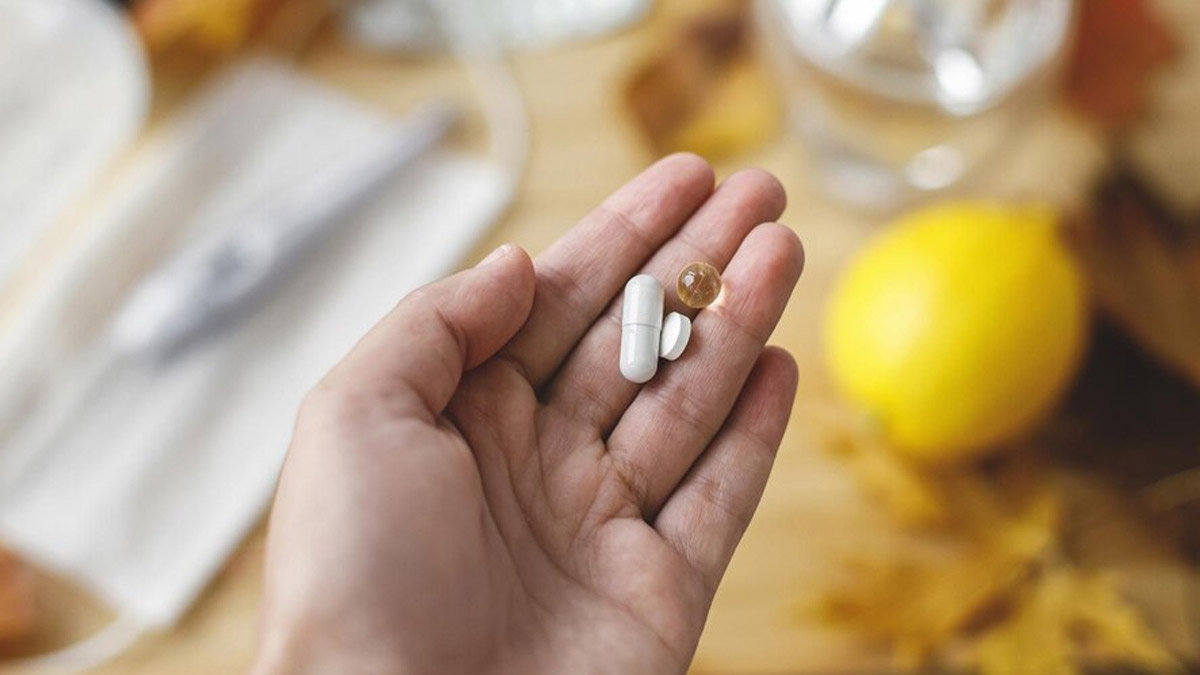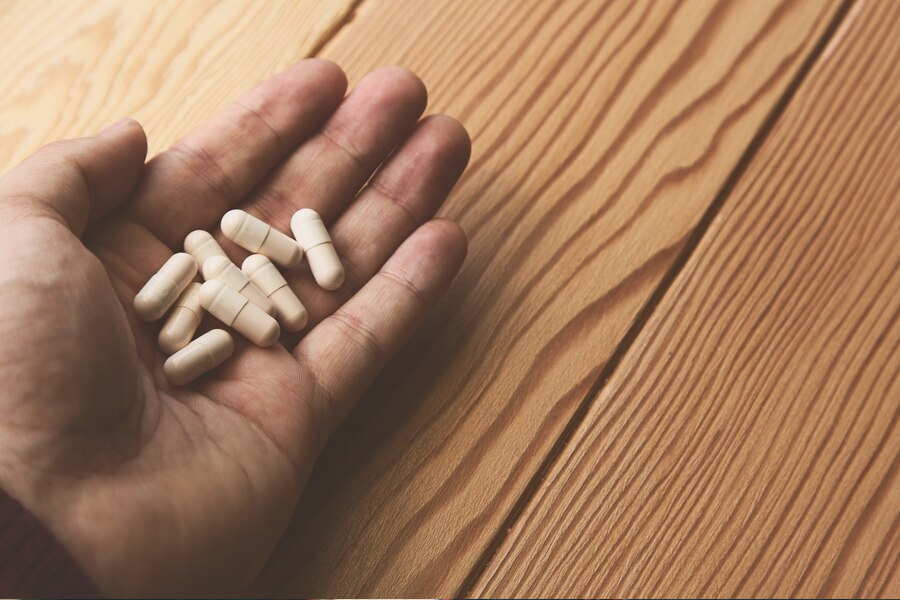
Zinc and vitamin C are common supplements that are often prescribed to patients with common colds. It was during the COVID-19 pandemic that people ingested several of these tablets to boost their immune systems and speed up their recovery process. Some even claimed that zinc tablets helped shorten the duration of their cold symptoms. But then there are experts who warn against depending solely on such supplements. So what is it that we should believe? Is it safe to take zinc tablets for treating colds, or can we do without them?
Table of Content:-
The OnlyMyHealth team spoke with Dr Kamal Verma, Senior Consultant - Internal Medicine, Amrita Hospital, Faridabad, to understand the same.
Also Read: Here Are Signs That Say You Have Excess Zinc In Your Body, Why Is It Harmful?
Role Of Zinc For Health

Zinc is a component of many metalloenzymes in the body, says Dr Verma, explaining that it is involved in the synthesis and stabilisation of proteins, DNA, and RNA.
In general, zinc is a mineral that is essential for normal spermatogenesis, foetal growth, and embryonic development. This means that it not only helps in the process of reproduction by enhancing healthy sperm production in men but also supports foetal growth during pregnancy and sees to the proper development of an embryo in the early stages.
According to Dr Verma, a deficiency in zinc can lead to stunted growth, hair loss, altered taste and smell sensations, skin rashes, gonadal atrophy, and impaired immunity.
Do Zinc Tablets Help With Common Cold?

Dr Verma says, "Some studies suggest that zinc tablets may reduce the duration and symptoms of the common cold in adults."
For instance, a 2021 study published in the British Medical Journal (BMJ) Open looked at 28 studies involving over 5,000 people and found that zinc might slightly reduce the chance of catching a cold and shorten symptoms by a day or two.
However, some people experienced side effects like nausea or irritation from taking zinc, as the study noted.
Another 2017 study analysed data from seven studies with over 500 people who had naturally occurring colds. Researchers looked at whether zinc lozenges can shorten the duration of the common cold and if the type of zinc or dose matters. They found that people who took zinc lozenges, regardless of zinc type—acetate or gluconate—had their colds shortened by about a third compared to those who took a placebo.
While the studies seem promising, Dr Verma says that the overall study results are conflicting, and therefore, it is not considered essential to take zinc for the common cold.
In fact, the Mayo Clinic said, "There is no guarantee that zinc will help you feel better faster."
"The safest option is to talk to your provider before using zinc when you have a cold," the medical website added.
Also Read: Why Pregnant And Lactating Women Need More Zinc In Their Diet
Foods Rich In Zinc

Instead of resorting to zinc tablets that have conflicting results, it is better to have foods that can naturally fulfil your zinc requirements. These include:
- Meat
- Shellfish
- Legumes
- Seeds
- Nuts
- Dairy
- Eggs
- Whole grains
The best part about adding these foods to your diet is that they can also provide you with other essential vitamins and minerals, such as calcium, vitamin B12, vitamin D, and protein.
Conclusion
Some studies have suggested that zinc supplements may help reduce or shorten the duration of cold symptoms. However, there are still doubts about its effectiveness, as the research is limited. If you wish to increase your zinc intake, it is best to do so through natural foods. Moreover, to relieve the cold, you must depend on scientifically-backed treatments that include medications prescribed by doctors.
Also watch this video
How we keep this article up to date:
We work with experts and keep a close eye on the latest in health and wellness. Whenever there is a new research or helpful information, we update our articles with accurate and useful advice.
Current Version
